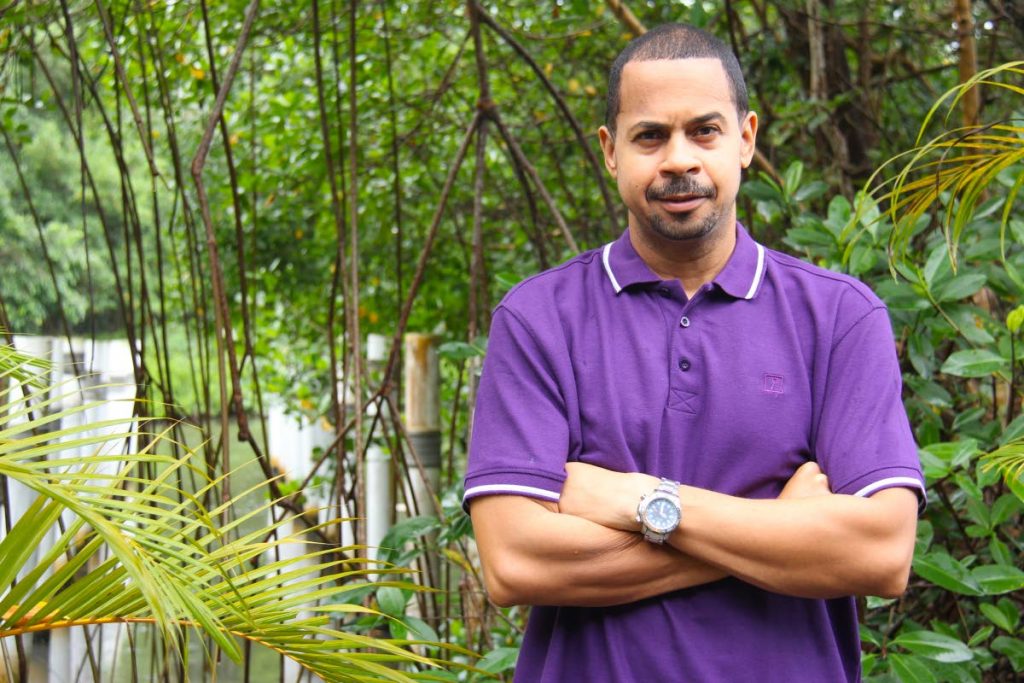The contagion of fake news

THE ENTIRE world plunged into a full-fledged panic over covid19. The only thing spreading faster than the coronavirus is provocative fiction about the worrying contagion.
Globally, conventional media conspired with social media to concoct a narrative that pushed panic over preparation.
Facebook was cluttered overnight with epidemiological experts. At home, stories began to pop up online of cases at this health centre and that hospital, all of which turned out to be false.
The Health Minister appeared on television in a news conference aimed at heading off, after the fact, the tidal surge in scare “tatics” and the spread of falsehoods about the virus.
The minister was quite right to chide the media for contributing to the general atmosphere of panic. What Terrence Deyalsingh and ministry officials fail to appreciate, though, is that trying to convince the population of the health sector’s readiness to face covid19 is a strain of fake news itself.
There isn’t a man or woman alive, or more appropriately dead, in this country who has ever visited any health facility and can corroborate Deyalsingh’s sunny perspective on the health sector.
Setting that aside for now, covid19 unearthed another potent scare: the ability of fake news to seed all sorts of consequences.
It warps the thinking and behaviour of otherwise rational people and also creates opportunity for others with more insidious agendas.
Attorney General Faris Al-Rawi mused about prosecuting members of the public for sharing “fake news” on covid19. Such consideration is given under the guise of protecting the public.
This Government has made no secret of its sacred calling to smother criticism and unflattering commentary targeting this administration. Covid19 misreporting has presented another golden window to expand the surveillance state and geld public condemnation of government incompetence and corruption.
What the Government and the public at large don’t get is that it’s impossible to stop or even suppress the spread of fake news.
This problem existed before the internet was born. Do you know what it was, and still is called? Propaganda. It’s a tool, by the way, used most effectively by governments who claim to be victims of it. Still, this country has an opportunity to learn how to cope with the spread of fake news.
Ideally, the Ministry of Health should have anticipated the massive interest in covid19 and the disinformation racing to fill that need. As news reports were coming out of China and infections started popping up in other countries, communications officials within the ministry ought to have prepared a strategic and aggressive response to inoculate the country against the impact of scare-mongering and opportunistic fakers stirring the pot.
A comprehensive communications strategy should have been rolled out before the Carnival. Before then, mischief-makers were already posting leading questions online such as, “I wonder what will happen when coronavirus gets here.”
The ministry should have flooded the public with so much easily digestible information on covid19 that little room would have been left for rumour and political mischief.
This was not done, and if the ministry can’t put together a strong education campaign to confront a deluge of fakery, what hope do we have of its preparedness to meet the covid19 threat head-on.
There should have been regular updates across social media platforms and on mobile devices (with something a bit more detailed than wash your hands and don’t touch anyone or yourself) with information on precautions, quarantine and general details about the nature of the illness.
Once false information takes root, it’s difficult to excise it from the brain. Anticipate the spread of fake news and treat it with regular doses of accurate, timely information.
It’s surprising this wasn’t done by the ministry given that the Government has at its disposal the best crisis communications expert in the entire country. Probably even the world.
At the moment she has her hands full with the NLCB, but in times of crisis, surely, she could be seconded to wherever her stellar expertise is most needed.
Trying to prevent fake news by somehow legislating against it is like bailing a boat with a sieve. The most effective means of attacking false information is by countering with accurate information consistently.
Complaining about irresponsible media and reckless online citizens is the recourse of the impotent. Inviting browsers to be more discerning about the information they share online is equally pointless.
Panic and confusion about a pandemic can be as disruptive as the disease itself. Incompetence and obtuseness do us no favours either.


Comments
"The contagion of fake news"